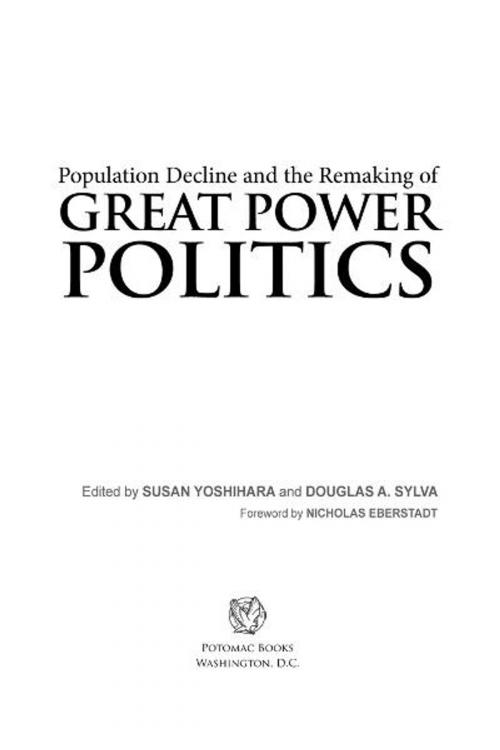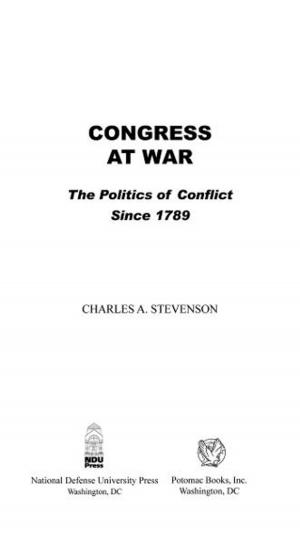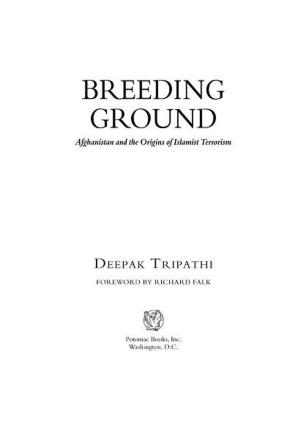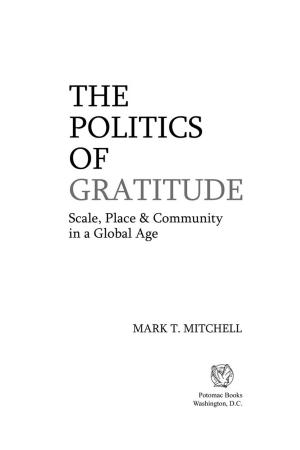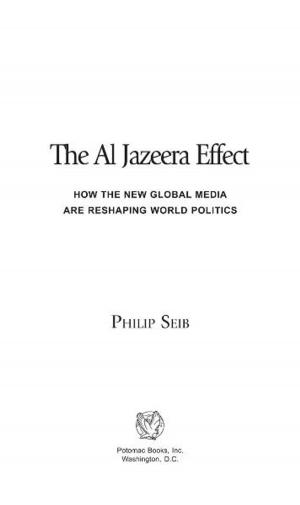Population Decline and the Remaking of Great Power Politics
Nonfiction, Social & Cultural Studies, Social Science, Demography, Political Science, International, International Relations| Author: | Susan Yoshihara; Douglas A. Sylva; Nicholas Eberstadt | ISBN: | 9781612341125 |
| Publisher: | Potomac Books Inc. | Publication: | December 31, 2011 |
| Imprint: | Potomac Books Inc. | Language: | English |
| Author: | Susan Yoshihara; Douglas A. Sylva; Nicholas Eberstadt |
| ISBN: | 9781612341125 |
| Publisher: | Potomac Books Inc. |
| Publication: | December 31, 2011 |
| Imprint: | Potomac Books Inc. |
| Language: | English |
Remarkably, most conventional wisdom about the shifting balance of world power virtually ignores one of the most fundamental components of power: population. The studies that do consider international security and demographic trends almost unanimously focus on population growth as a liability. In contrast, the distinguished contributors to this volumesecurity experts from the Naval War College, the American Enterprise Institute, and other think tankscontend that demographic decline in key world powers now poses a profound challenge to global stability.
The countries at greatest risk are in the developed world, where birthrates are falling and populations are aging. Many have already lost significant human capital, capital that would have helped them innovate and fuel their economy, man their armed forces, and secure a place at the table of world power.
By examining the effects of diverging population trends between the United States and Europe and the effects of rapid population aging in Japan, India, and China, this book uncovers increasing tensions within the transatlantic alliance and destabilizing trends in Asian security. Thus, it argues, relative demographic decline may well make the world less, and not more, secure.
The countries at greatest risk are in the developed world, where birthrates are falling and populations are aging. Many have already lost significant human capital, capital that would have helped them innovate and fuel their economy, man their armed forces, and secure a place at the table of world power.
By examining the effects of diverging population trends between the United States and Europe and the effects of rapid population aging in Japan, India, and China, this book uncovers increasing tensions within the transatlantic alliance and destabilizing trends in Asian security. Thus, it argues, relative demographic decline may well make the world less, and not more, secure.
Remarkably, most conventional wisdom about the shifting balance of world power virtually ignores one of the most fundamental components of power: population. The studies that do consider international security and demographic trends almost unanimously focus on population growth as a liability. In contrast, the distinguished contributors to this volumesecurity experts from the Naval War College, the American Enterprise Institute, and other think tankscontend that demographic decline in key world powers now poses a profound challenge to global stability.
The countries at greatest risk are in the developed world, where birthrates are falling and populations are aging. Many have already lost significant human capital, capital that would have helped them innovate and fuel their economy, man their armed forces, and secure a place at the table of world power.
By examining the effects of diverging population trends between the United States and Europe and the effects of rapid population aging in Japan, India, and China, this book uncovers increasing tensions within the transatlantic alliance and destabilizing trends in Asian security. Thus, it argues, relative demographic decline may well make the world less, and not more, secure.
The countries at greatest risk are in the developed world, where birthrates are falling and populations are aging. Many have already lost significant human capital, capital that would have helped them innovate and fuel their economy, man their armed forces, and secure a place at the table of world power.
By examining the effects of diverging population trends between the United States and Europe and the effects of rapid population aging in Japan, India, and China, this book uncovers increasing tensions within the transatlantic alliance and destabilizing trends in Asian security. Thus, it argues, relative demographic decline may well make the world less, and not more, secure.
